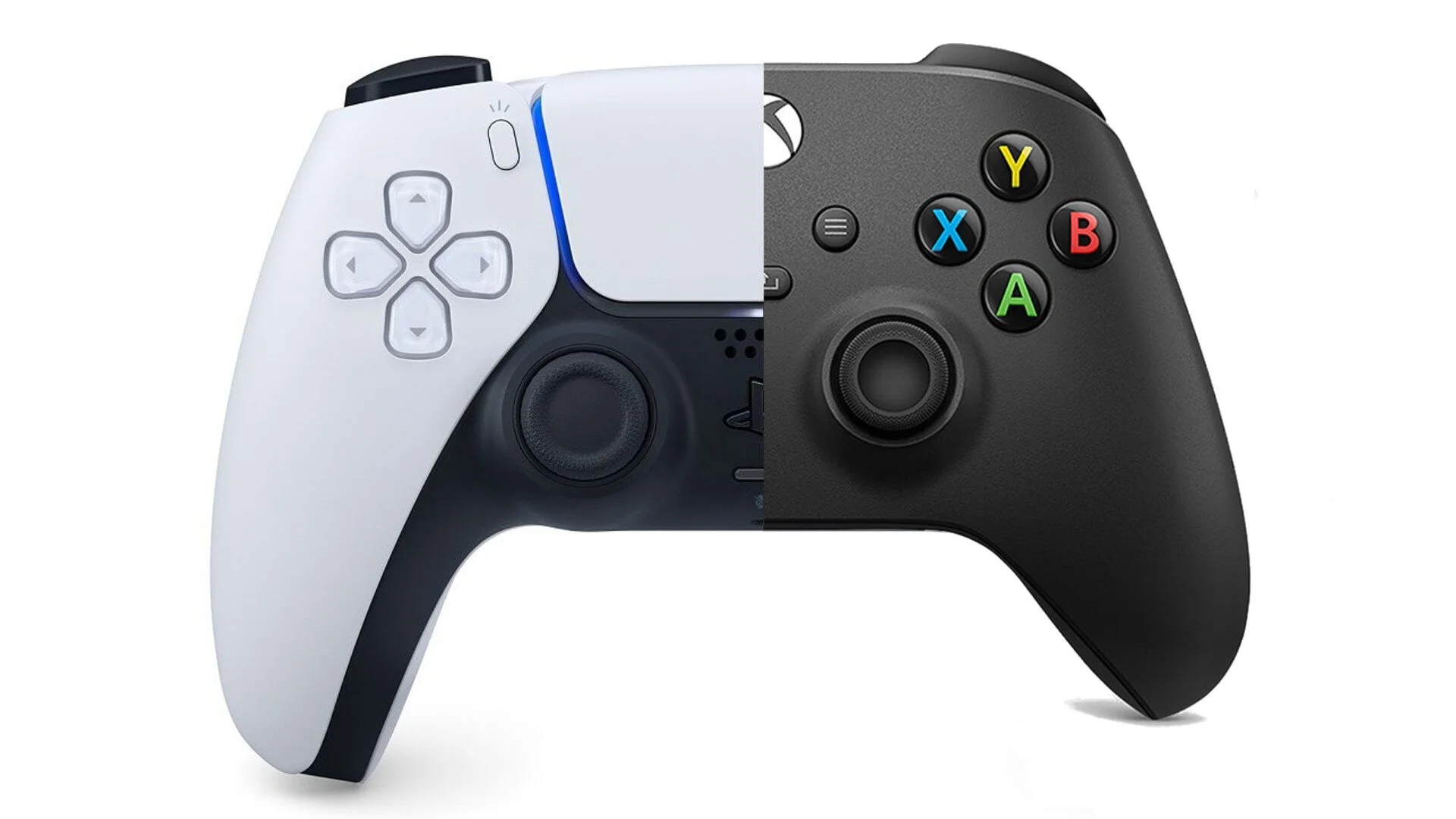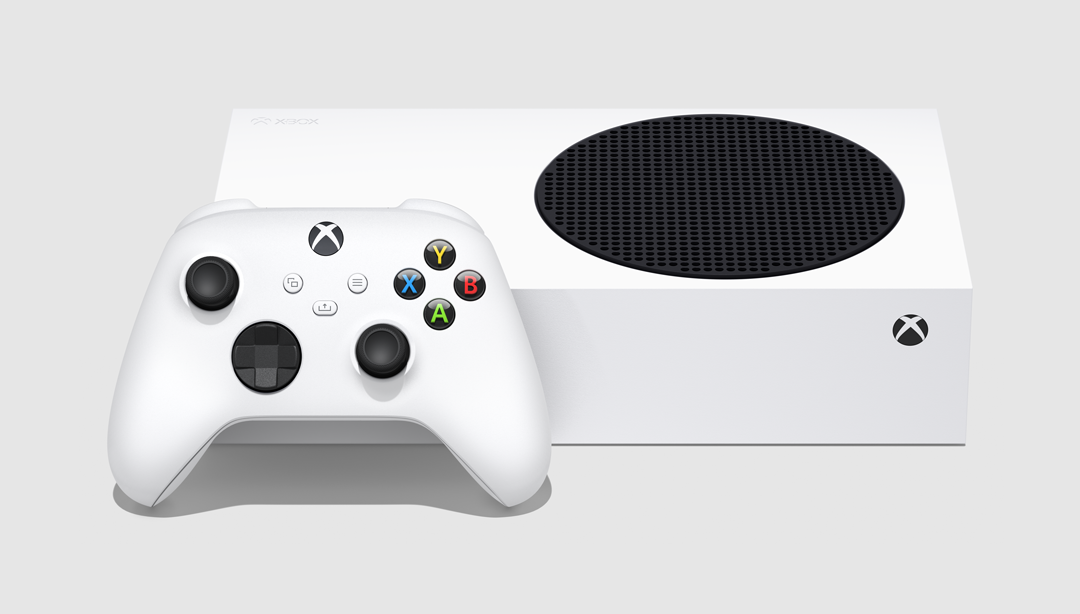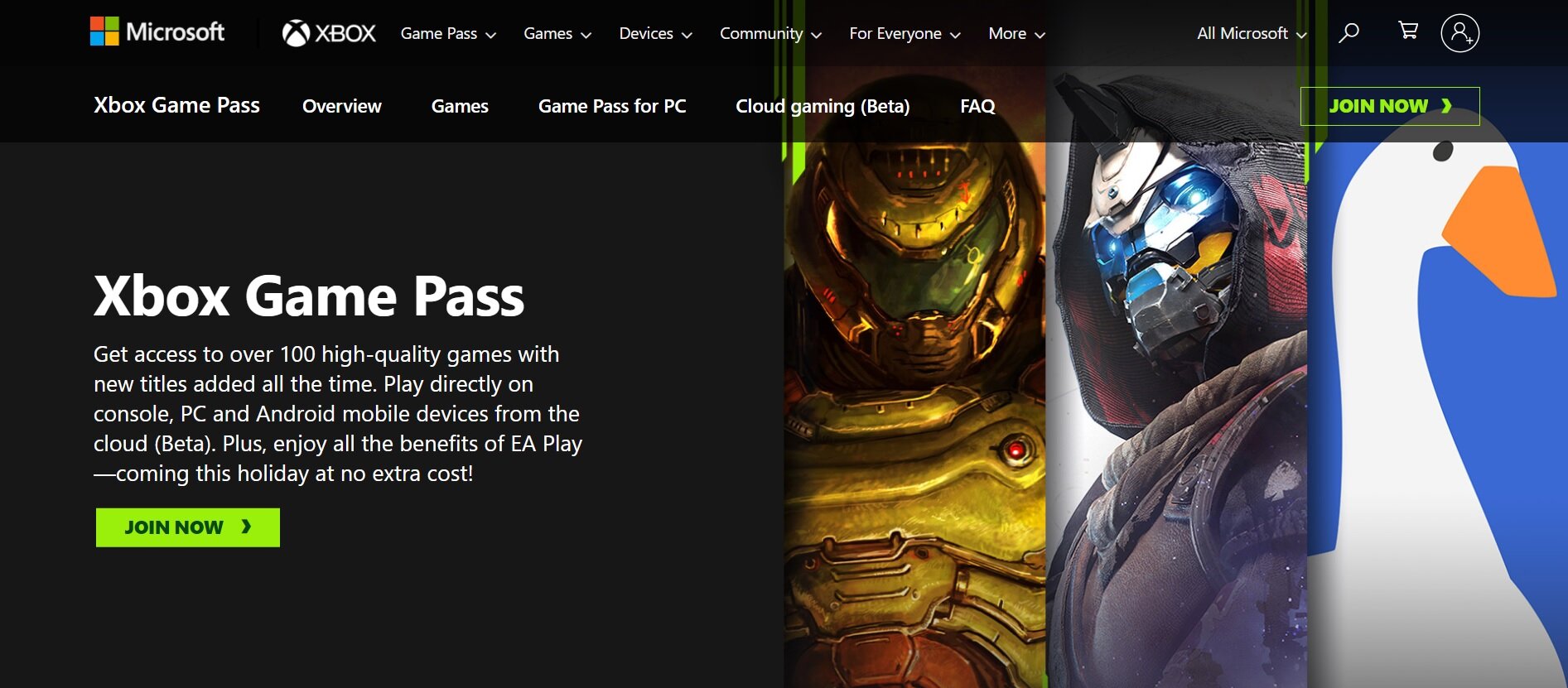PlayStation 5 and Xbox Series X/S launch this week. Here are our predictions for next-gen
It’s next-gen console launch week. With Sony’s PlayStation 5 and Microsoft’s Xbox Series X and Series S launching within a few days of each other, we’re looking at the start of another cyclical sea-change for the videogames industry. But how’s it all going to shake down? The release of new hardware always represents the opportunity for a great change in fortunes for any major player in gaming, from consolidating a lead, to throwing one away, to changing direction and doing something different entirely. All of these things have happened on numerous occasions, and all of them will likely happen again.
We’ve already brought you a major, multi-part audience insight study on the successes and failures of the PS5 and Xbox Series X/S marketing campaigns so far, but today we wanted to give you something more immediate. So to get a handle on exactly how things are going to evolve and reshuffle this time, we’ve enlisted a bunch of Fourth Floor’s gaming experts to give their own personal and professional views of the two new consoles, and how we think they’ll fare in both the immediate and long-term.
Chris Spearman, campaign manager
Generation after generation, I get the feeling that Sony has further forced the hand of Microsoft. PlayStation has cemented a brand that firmly, consistently, and simply screams ‘We are a top-tier console that has good games’, whilst Microsoft have often tried to pursue something bigger, with variable success. That said, I was a fan of the Xbox One’s positioning as a ‘living room entertainment hub’. Truthfully, it was the reason I originally transitioned from being a TV-first viewer to a digital-only consumer.
And once again, Microsoft are positioning their next-gen launch around services rather than a specific, traditional console model - albeit with a resolute gaming focus this time - which I’m cautiously optimistic about. Though I fear that another successful showing for Sony’s traditional, proven, games-first approach will quickly end arguments about which company wins a pure ‘console war’, at least in the short term.
Lauranne Cauduro, campaign executive
A lot caught my attention in Sony and Microsoft’s new consoles - the SSD, the quick-resume functionality, and how immersive gameplay seems to feel on both platforms. But something stood out to me in Microsoft’s approach to this launch, and that was the feeling of openness.
The Xbox ecosystem feels like it’s taking barriers of entry down for newcomers. The lower price point of the slightly lower-spec Xbox Series S, along with the subscription plan and value of Gamepass, are all great ways to justify - and get value from - the next-gen outlay. And xCloud, Microsoft’s in-development game streaming service, is another unexpected way to enjoy the next generation of consoles. It’s not surprising, or even overly innovative at this point, as everyone and their mother have been attempting to break ground in cloud gaming for years. But taken as part of the wider, contemporary Xbox whole, the possibility to play Series X games on your phone, maybe even with tactile controls, is a consumer-friendly quality of life addition that I’m definitely here for.
Charlie Keith, campaign executive
I’m in agreement with Chris on his one, in fact he’s largely talked over my main points already. But to add a couple of extra notes, there's always been an ongoing battle between Xbox and PlayStation users, without a clear deciding victory, and with PC always sitting on the sideline as an indirect but constantly powerful rival.
Both formats have had their ups and down from generation to generation, but they've both now progressed to be able to compete with lower end PCs technologically, and are more future-proofed this time around as well, with the release of their new, modernised SSDs and high refresh-rate compatibility. PlayStation seem to have taken a hit due to the lack of 1440p support, which isn't widely used, but could be a reason to switch for people who have already made that investment in their other systems, with the rest of the console ecosystem notably blending with PC standards this generation.
Hadi Sami, intern
It’s been a weird launch run-up, both intensely hyped and weirdly muted. Though the tech of both consoles is extremely promising, the cross-gen development of most new games and the lack of a deep catalogue for either launch has made it all feel a little hollow to me. Having said that, the PlayStation 5 is the one that feels truly ‘next-gen’ to me at this point, launching with a widely-acclaimed, innovative new controller and more substantial offering of games. In comparison, the (truly) next-gen Xbox launch library is skeletal, and the consoles themselves look to be releasing with an ‘If it ain’t broke, don’t fix it’ approach to controller and UI.
Microsoft seem to have put all their eggs into the Xbox Series X’s adolescent years, that brighter future when all the large studios recently acquired by the Xbox Game Studios family will be ready to release big, showboating titles. That may or may not be too little too late, depending on how MS can maintain momentum in the meantime, as by that point prospective buyers may already have a PS5, or simply choose to play Xbox games on PC. Not that the latter isn’t part of Microsoft’s strategy too, but it’ll be interesting to see how prominent Xbox console hardware is by then.
Jack Purser, finance assistant
Both Microsoft and Sony have presented us with impressive pieces of kit. However, it will be an anxious wait until we get enough hands-on experience to see what the next generation of consoles is truly made of.
Microsoft-exclusive heavyweight Halo Infinite has already dampened expectations with its disappointing gameplay demonstration at the Xbox showcase. Sony will be banking on its critically acclaimed first-party games, and graphics-heavy, big-name crowdpleasers, such as Square Enix’s now-exclusive Final Fantasy, to cement themselves as the true leader in the next era of gaming. With both consoles offering similar performance specs, with 8K resolution capability and ray-tracing at up to 120 frames per-second, it will all come down to the individual games line-up each platform can build to make a case for itself being the most appealing place to play.
Dave Houghton, digital content manager
I don’t see this breaking down into a traditional console war. In fact I think we might have seen the last one of those. Rather, I can see this console generation turning into something healthier. A truly eclectic ecosystem of asymmetric, even complementary approaches to gaming, where the games themselves - and freer access to them - become the real star.
With Sony doubling down on its successful, ‘traditional console led by strong exclusive titles’ model, Microsoft have stepped off the accepted, mainstream path, and forged a new identity for Xbox. It’s been poorly communicated at earlier stages in the next-gen campaign, but lately its real - and massively exciting - value has become clear.
Shifting away from the age-old ‘Buy our box to play our games’ model, Microsoft have evolved their brand from representing specific hardware, onto the notion of an open, accessible, hardware-agonistic platform and portal dedicated to reducing barriers of entry. With the high-end Series X, entry-level Series S, and PC all giving the same access to the same games (and the amazing ‘Netflix of games’ Game Pass subscription underpinning it all, and xCloud streaming coming, presumably to anything with a screen, at some point in the future), it feels like MS have really found a new, highly consumer-friendly (and huge) niche.
The PlayStation 5 is still likely to win most of the noise coming out of the blocks, and will likely land the biggest, single moments of hype going forward. But for Xbox, the steady, quieter, long-term value game is going to be just as profitable, and drive just as much goodwill.







